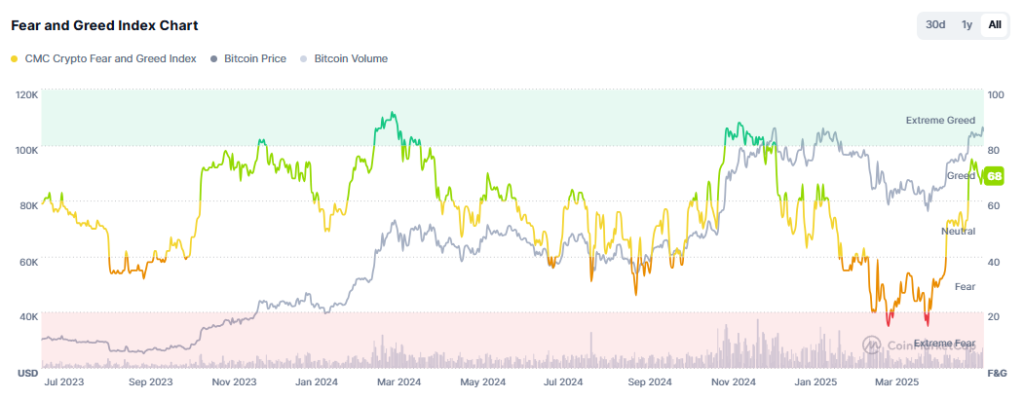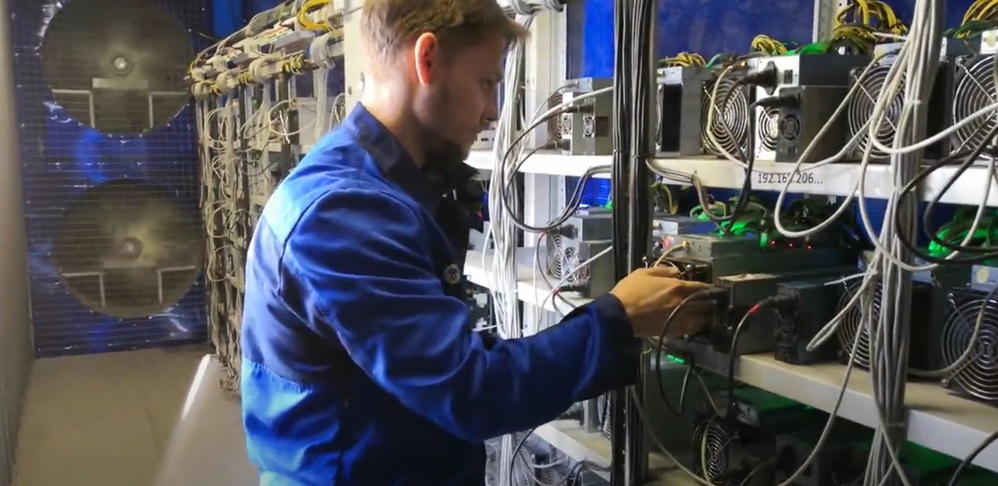Effective change management is an important skill set for leaders today
getty
We are living in an era of uncertainty. We are unsettled about our jobs and industries—they are threatened with layoffs. We are worried about the impact of AI or what artificial intelligence even is. We have fears of a global recession and are daily encumbered with the rising costs of living, and are concerned about upcoming political elections.
As a manager or leader, it’s important to recognize the impact that these various external circumstances have on your employees and their wellbeing at work, and be empathetic to the situation by introducing any necessary changes to their work in a way that is combined with understanding and support. This is supported by the fact that a Gartner study showed that 73% of employees report moderate to high stress levels as a direct result of changes in their organization, resulting in 5% worse performance than the average employee.
Here are five change management skills you need to build and have on your priority list for professional development this coming year:
Empathy
Empathy is a soft skill that is essential to successful change implementation. It helps strengthen your team’s trust in you, and increases their buy-in. Take time to be sensitive to their circumstances and demonstrate that you care about their perspectives and feedback, and how they will be impacted. Through making necessary provisions, the resistance to change is reduced and any roadblocks will become more manageable.
Coaching
Coaching is a vital leadership skill, because it empowers your team and rouses them to action through self-motivation. As a manager or leader, coaching involves getting curious and asking insightful, thought-provoking questions that will help them view a situation and their responsibilities differently. Coaching helps your team members be more responsible for their actions and enables them to take initiative to support the change. In addition, coaching your team through transitionary periods empowers them to play to their strengths and achieve their potential, while accomplishing the desired business outcome.
Teamwork
Not to be confused with team leadership, teamwork is all about collaborative effort. You’ll need to brush up on your relationship-building skills as you’ll most likely be partnering and collaborating with multiple internal and external stakeholders as part of the change management process. If you feel uncomfortable with that idea right now, challenge yourself to become more involved with other areas of the business and expose yourself to varying scenarios, also called “stretch projects,” to develop your cross-functional collaborative skills and to become more comfortable with working with external stakeholders.
Motivation
Research shows that 70% of change management initiatives fail to reach their objectives due to lack of support from management. But leaders who deliver effective change outcomes have a knack for rousing everyone involved to action. They intrinsically know how to drive teams and stakeholders towards a common vision, a shared goal, and keep them motivated even when facing hurdles. Part of your role in leading through change is to motivate your team, to keep their productivity at a high when they naturally feel demotivated. Motivate through setting a challenge that is reasonable but also stretched your team’s capabilities. Celebrate small successes and key wins consistently, and set smaller goals for them to achieve along the way.
Communication
Communication skills rank highly on LinkedIn’s 2023 Most In-Demand Skills report, coming second to management. And it’s not surprising, granted the fact that the lack of effective communication makes and breaks business goals and career success. Effective communication boils down to transparency, promptness, active listening, creating a welcome environment for obtaining feedback from those affected by change, and clarity.
When you develop these soft skills, not only will your change management initiative have a higher likelihood of success, but your career will thrive as you gain resilience, emotional intelligence, and people skills that are intrinsic to effective leadership. Now what’s next? Set goals for how you intend to implement these skills in 2024. Share these goals with your manager and get to work in building trust from your team.
Credit: Source link











